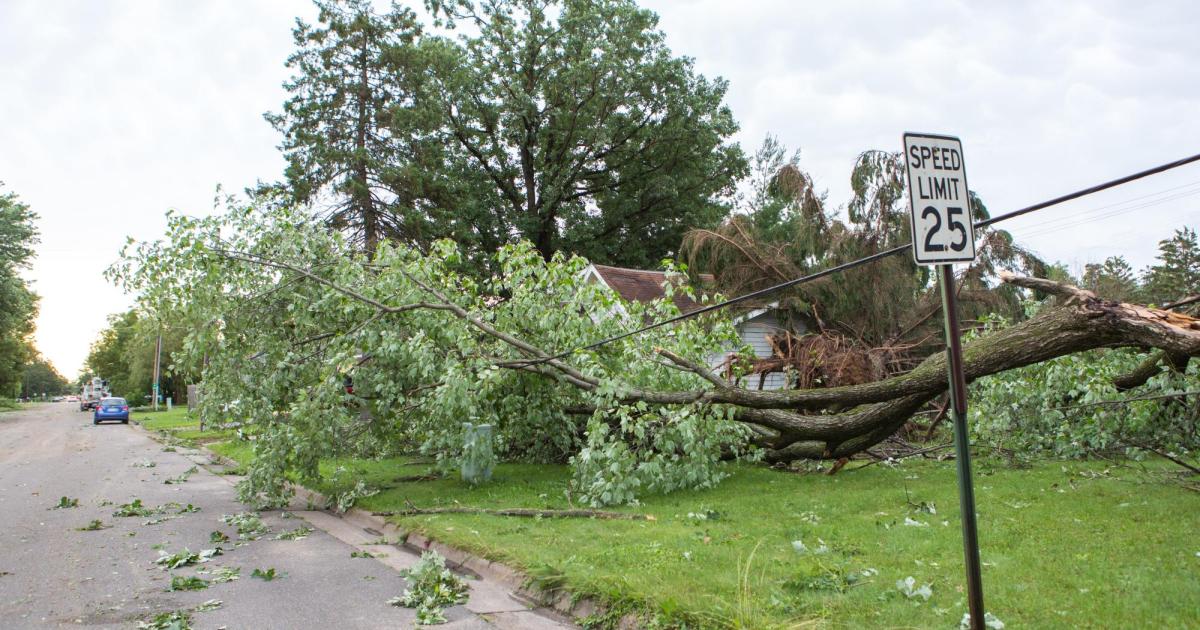Call Us 740-344-2102 Electric Outage 888-535-5732
Power Outage Safety Tips
Downed Power Lines are Dangerous!
Always assume downed power lines are energized and dangerous. Consider any object touching lines energized as well. If you see a downed power line, or other electrical hazard, call 911. Then call us at 888-535-5732 to report it.
For Your Safety & Ours
A portable generator can seem like a lifesaver during a power outage for powering home medical equipment, refrigerators/freezers, and water pumps. Safe use protects you and those restoring power.
Tips for safely using your portable generator:
- Always read and follow the manufacturer’s instructions before running the generator and the maintenance schedule after use to keep it in peak performance and operating safely.
- Never use a generator inside your home, garage, basement, or any enclosed area. Generators give off carbon monoxide. Fatal fumes can build up and neither an open window nor a fan can provide enough fresh air.
- Use battery-operated carbon monoxide detectors inside your home near where the generator is running as fumes can be pulled inside.
- Generators often run on gasoline, and fumes can start fires. Wait at least 2 to 5 minutes for your generator to cool before adding fresh gasoline. Have a charged fire extinguisher nearby. Add fuel stabilizer if you won’t be using the generator for more than 30 days.
- Never plug your generator directly into electrical wiring. This can energize power lines and endanger line workers. Have a qualified electrician install a power transfer switch.
- Protect your generator from exposure to wet conditions such as rain, snow, or sprinklers, as high voltage and water don’t mix.
- Never use near flammable materials and never place anything on or under the generator. Keep the area clean and empty.
- Never let children or pets near the generator or extension cords.

